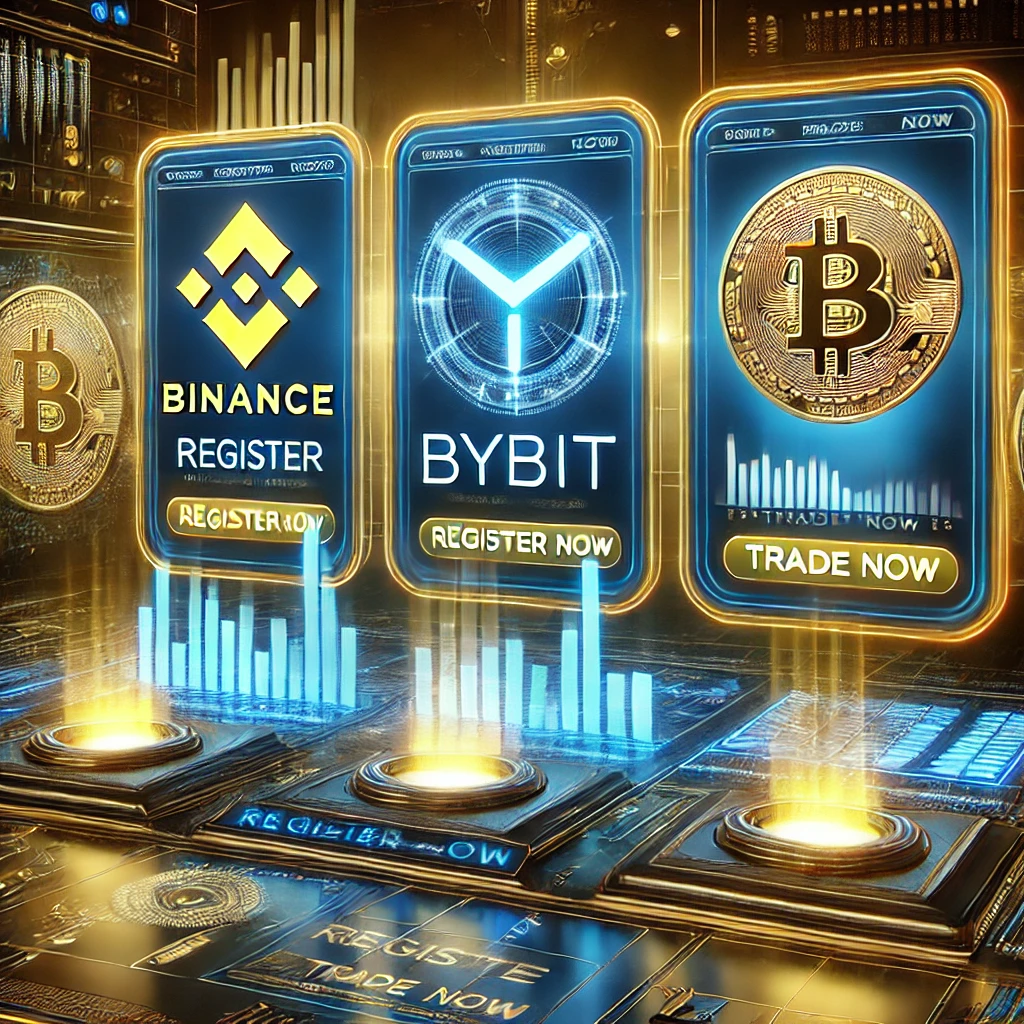1. What is Blockchain?
Blockchain is a decentralized technology for storing and transmitting data, functioning as a digital ledger. Data in blockchain is recorded in blocks and linked using cryptographic hashes, forming a continuous chain. This ensures transparency, security, and immutability of recorded data.
2. How Blockchain Works
Blockchain operates on a decentralized principle, eliminating the need for third-party intermediaries. The process includes:
- Transaction Creation: A new transaction is created and broadcasted to the network.
- Transaction Verification: Network nodes validate the transaction using a consensus algorithm.
- Block Formation: Verified transactions are grouped into a new block.
- Block Linking: The new block is linked to the blockchain using a cryptographic hash.
- Transaction Completion: Once added to the blockchain, transactions become permanent and immutable.
3. Key Features of Blockchain
- Decentralization: No single entity controls the network.
- Immutability: Data, once recorded, cannot be altered or deleted.
- Transparency: All transactions are publicly verifiable.
- High Security: Encryption ensures protection against cyberattacks.
4. Common Types of Blockchain
There are three main types of blockchain:
- Public Blockchain: Open to everyone (e.g., Bitcoin, Ethereum).
- Private Blockchain: Restricted access, used by enterprises.
- Consortium Blockchain: A hybrid model for collaborative organizations.
5. Real-World Applications of Blockchain
Blockchain is not limited to cryptocurrencies but extends to various industries:
- Finance & Banking: Enables fast, transparent, and low-cost transactions.
- Supply Chain: Enhances product traceability.
- Healthcare: Secures medical records.
- Real Estate: Manages smart contracts and transparent transactions.
- Entertainment & Media: Protects copyrights and intellectual property.
6. Challenges and the Future of Blockchain
Despite its advantages, blockchain faces challenges such as:
- Slow transaction speeds: Some blockchains, like Bitcoin, have long confirmation times.
- Energy consumption: Proof of Work (PoW) requires significant power.
- Regulatory uncertainty: Many countries have yet to fully recognize blockchain legally.
However, with continuous advancements, blockchain is set to become a core technology in multiple sectors, driving transparency, security, and efficiency.
Why You Should Register and Trade on Binance
Binance is the world’s leading cryptocurrency exchange, offering numerous benefits for traders and investors:
- Low Trading Fees: Binance provides one of the lowest trading fees in the market.
- Wide Range of Cryptocurrencies: Over 600 digital assets available for trading.
- High Liquidity: Ensures fast trade execution with minimal slippage.
- Security & Reliability: Advanced security measures to protect user funds.
- Passive Income Opportunities: Earn through staking, lending, and Binance Earn.
- User-Friendly Interface: Suitable for both beginners and professional traders.
Take Action Now!
🚀 Don’t miss the opportunity to be part of the blockchain revolution. Sign up for Binance today and start trading digital assets securely and efficiently!


Leave a Reply